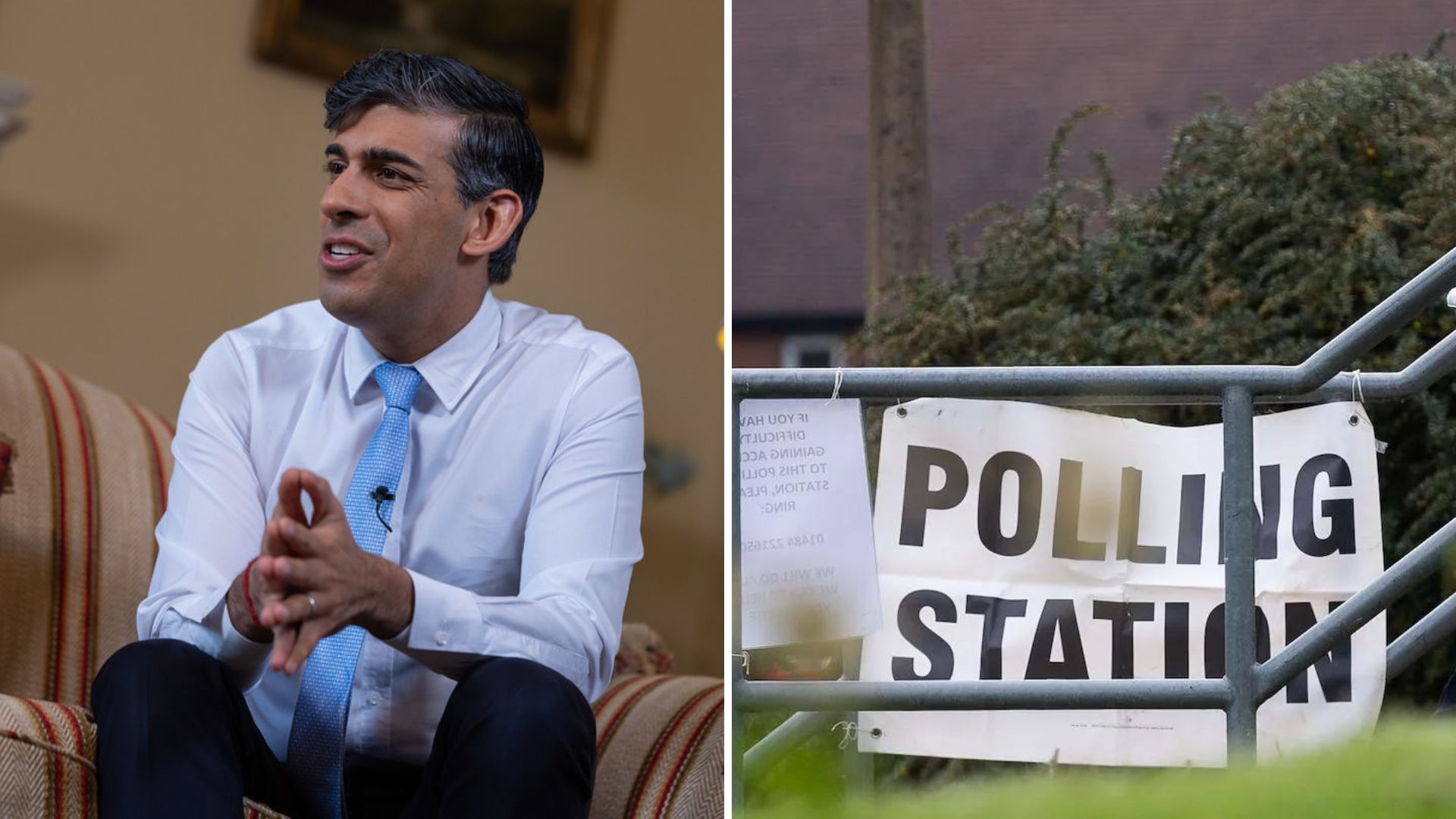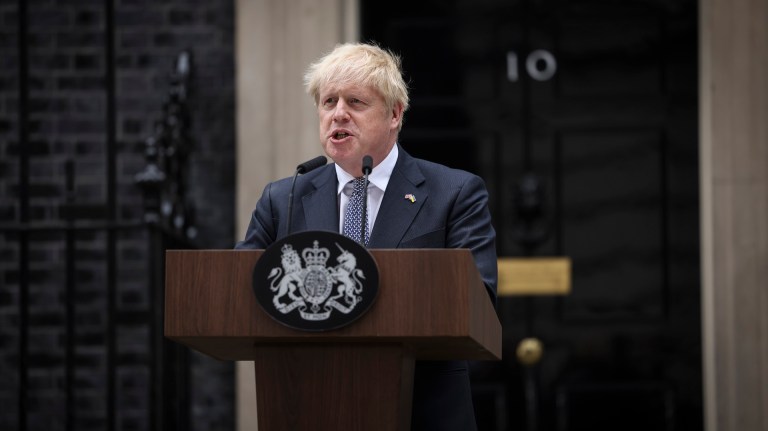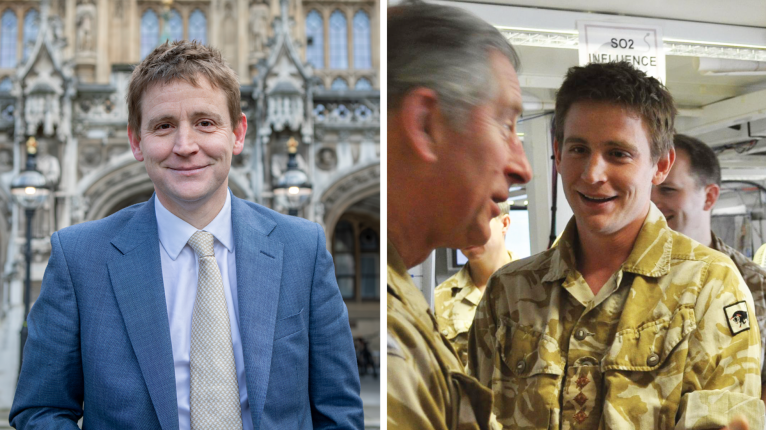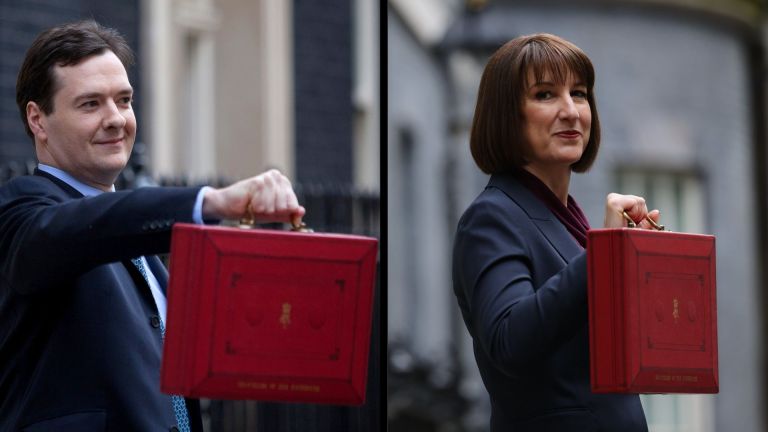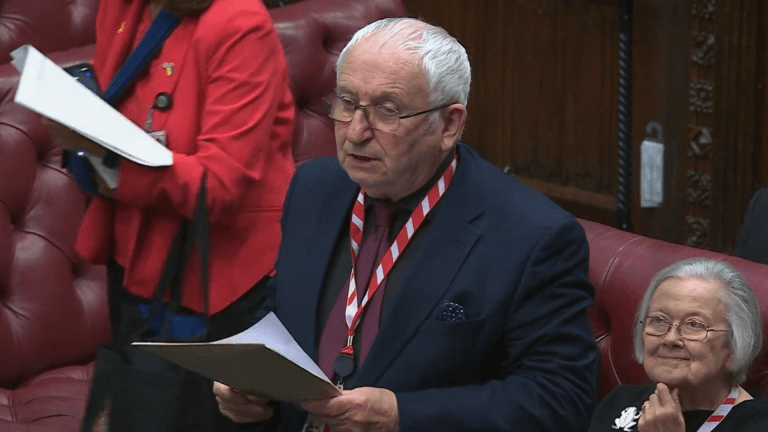The poll make grim reading for the Conservatives: it predicts they will lose 249 of their 347 seats. But Rishi Sunak, Jeremy Hunt and Liz Truss could escape by the skin of their teeth.
In the seat of Richmond and Northallerton where the prime minister holds a poll lead of 2.4%, an estimated 9,800 voters – or around 17% – are unaware of the need to show voter ID.
A similar number are uninformed in Liz Truss’ constituency of South West Norfolk, where she leads by 1.5%. Jeremy Hunt, Michael Gove, Suella Braverman and Priti Patel could also be saved, as between 7,000-9,000 people in their seats are unsure of the need for photo ID.
In total, around 1.85 million people in marginal seats do not know about voter ID rules.
The poll confirms the “worst fears” of voting campaigners, said Tom Brake, director of Unlock Democracy.
“[People being turned away] will be hugely damaging to democracy,” he added. “It is time to pull the plug on photo voter ID: it is costly, unnecessary and discriminatory.”
Advertising helps fund Big Issue’s mission to end poverty
Jess Garland, director of policy at the Electoral Reform Society, echoed this call.
“This new polling paints a dire picture as we look ahead to an intense year of elections in the UK,” she said.
“The failings of our first past the post voting system are placed under the microscope with this [voter ID] policy. In the case of a tight result in a marginal seat, voter ID risks eroding trust in our election results. Voting is a fundamental right, and anyone entitled to vote should be able to free and fairly with no unnecessary barriers.”
What else did the poll show?
The voter ID changes were intended to crack down on voter impersonation, the government has claimed. But there were just 33 allegations at the 2019 election – equivalent to 0.000057% of the 30 million votes cast. Just two individuals were ultimately cautioned by police.
“Voter ID has always been a solution in search of a problem,” Garland said.
At least 14,000 people were turned away from polling stations at local elections in May 2023 – the first where the rules were implemented – because they lacked ID.
Advertising helps fund Big Issue’s mission to end poverty
Speaking to the Big Issue last week, Shaun Roberts, campaign director for Unlock Democracy, said this was a “gross underestimate.”
“That only includes people that got to the polling station, went in, got to the front, and then were told ‘you can’t vote if you haven’t got the ID,’” he said.
The numbers are likely to be much higher at the general election, where more people vote.
Young people may be most impacted: some 27% of 18-24 year olds did not know about the rules, Best for Britain said compared to 6% of the over-65s.
Minority ethnic groups may also be disproportionately affected: one in four (26%) Asian/Asian British respondents and 23% of those who are Black British were unaware.
Some 27% of voters in Scotland and 20% of voters in Wales didn’t know about the rules.
Advertising helps fund Big Issue’s mission to end poverty
All of these groups are statistically less likely to vote Conservative. The government has denied that the reforms were an attempt to help Conservative support in elections – but last year, Jacob Rees-Mogg suggested that the rules were an attempt to “gerrymander” the electoral system.
“We made it hard for our own voters and we upset a system that worked perfectly well,” he admitted.
The list of acceptable ID seems to confirm this bias: a 60+ oyster card is permitted whereas an 18+ student oyster card is not.
Unfortunately, ID is not the only barrier to voting. Some eight million people are missing from the electoral roll, the cross-party Levelling Up, Housing and Communities Committee revealed last month.
“Elections are the cornerstone of our democracy and yet we are burdened by a system which is both ineffective and inefficient, where millions of people are disenfranchised because they are incorrectly registered or not on the electoral register,” said committee chair Clive Betts.
What ID can I use to vote?
Accepted forms of ID include a passport, driving licence or some concessionary travel passes, mainly those available to older people such as an older person’s bus pass, but also Blue Badges and disabled person’s bus passes. You can find the full list here.
Advertising helps fund Big Issue’s mission to end poverty
If you don’t have ID, you can apply for a free voter ID certificate – a ‘voter authority certificate’ – at the same link.
The deadline for applying for the 2 May local elections is 5pm on 24 April.
